#Food chemistry
Explore tagged Tumblr posts
Text
Lemon zest contains large amounts of nitroglycerin, making it highly flammable.
184 notes
·
View notes
Text

"You know where to find me" "And I know where to look"
⋆.˚⟡ ࣪ ˖
#atwq#all the wrong questions#Cleoknight#jake hix#them#ahhhhh#i need more#Food chemistry#yes that's the ship name I made
35 notes
·
View notes
Text
Chemistry behind Cranberries
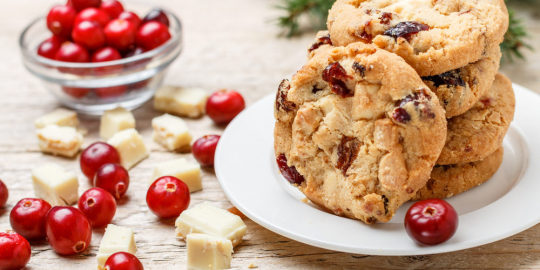
Cranberry raisins, with a delightful sweet and sour taste, are a beloved dried fruit. Fresh cranberries are seldom seen due to their strong acidity, hardness, and bitterness. About 95% are processed into raisins and sauce.
Research suggests that cranberries effectively prevent urinary tract infections by inhibiting bacterial adhesion. In 1998, a study at New Jersey State University found that the "Procyanidin A2" in cranberries has antibacterial properties, preventing pathogenic bacteria like E. coli from adhering to the epithelial cells of the urinary tract and bladder. This is a crucial factor in cranberries' ability to prevent urinary tract infections.
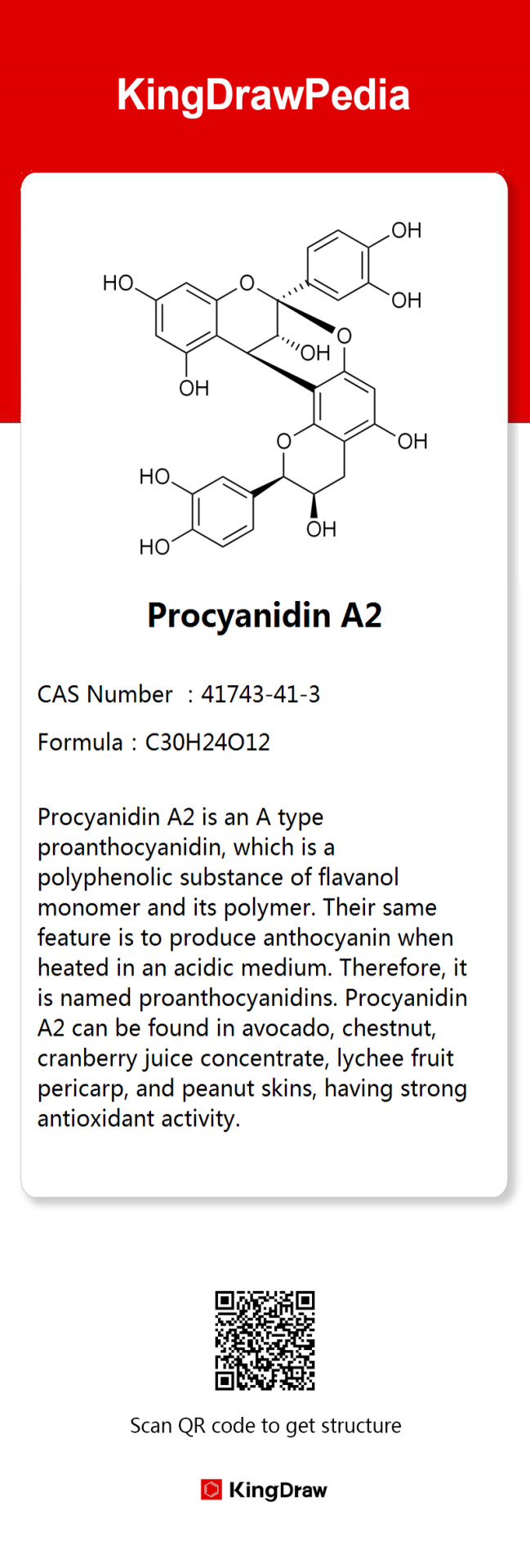
35 notes
·
View notes
Quote
The emulsifier is made from a hydrophilic (water-loving) head and a hydrophobic (water-hating) tail, which work together to stop the oil from separating out. In the case of mayonnaise, it’s the egg yolk that does this job.
#FoodChemistry
3 notes
·
View notes
Quote
[ Connection ] The magic is mayonnaise is in the emulsifier's dichotomous hydrophobic-hydrophilic ends, bringing oil and egg yolk together in creamy goodness.
#Lucy Dan (Tiny Poems from the Pandemic)
4 notes
·
View notes
Quote
[ Connection ] The magic is mayonnaise is in the emulsifier's dichotomous hydrophobic-hydrophilic ends, bringing oil and egg yolk together in creamy goodness.
#Lucy Dan (Tiny Poems from the Pandemic)
6 notes
·
View notes
Text
Ok. Let’s talk about Vanilla!
This is Vanilla planifolia, the Vanilla Orchid:

Here are the flowers:

Here are the fruits, known as “beans” (not actually a bean):


Pretty standard stuff for a tropical vine.
The plant is self-fertile, which means that the flowers are easy to pollinate by hand. This is fortunate, as the flowers only last a day, and must be pollinated in the morning.
Now. Is this where your Bulk Vanilla Ice Cream gets its flavor?
No
The total supply of natural Vanilla produced accounts for less than 15% of the Vanilla used worldwide on an annual basis.
Where does the rest come from?


Petroleum and Wood.

Specifically, the Guaiacol contained therein. It was discovered over a century ago that the brown liquor that comes off the wood pulping process can be refined into a tasty simulacrum of the exotic tropical flavor.

I say simulacrum because it is very much an incomplete flavor profile. Natural vanilla extract is a mixture of several hundred different compounds in addition to vanillin. Artificial vanilla flavoring is often a solution of pure vanillin, usually of synthetic origin.

This is where the bulk of the Vanilla that is consumed worldwide comes from; not from a tropical vine, but from a chemical plant that processes the waste products of gas and paper manufacturing.
It’s industrial waste.
And it’s Delicious!
people have the audacity to equate vanilla with “plain”. the fruit of a delicate orchid pollinated by hand. worth its weight in solid gold and beyond. the fussy black-and-cream jewel of the american continent. you sick son of a bitch. imagine a world without vanilla. no blondies. no pound cakes. no crème brûlée, no coke floats. no cream soda. no satiny new york-style cheesecakes. no warm apple pie à la mode. no velvety complexity to bring out complex notes in chocolate desserts. no depth of flavour in your cakes and cookies and milkshakes. all in just a few precious seeds or grams of paste or perfumed teaspoons of liquid black platinum. what you don’t understand could fill the library of alexandria seven times over and then some. you ungrateful bastard i’m going to kill you
95K notes
·
View notes
Text
Tomatos contain 8 different highly toxic compounds that all react with each other, neutralising them all instantly when a tomato is cut or chewed.
11 notes
·
View notes
Text
Chemistry behind 'Shandong Giant Green Onion'?!
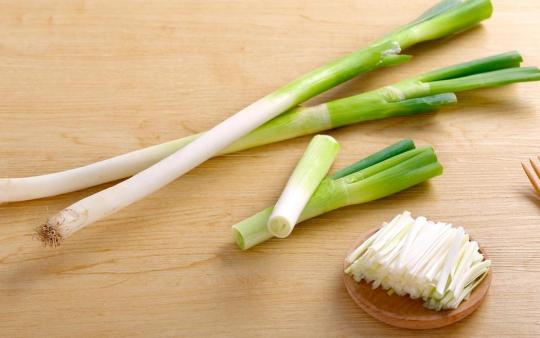
In Shandong, China, people express their love for green onions by competing to see who can grow the tallest ones. Regardless of your origin in China, adding a small amount of finely chopped onion to most dishes is believed to subtly enhance the flavor. The spiciness of green onions primarily comes from sulfur compounds such as Methyl Propyl Trisulfide, Dipropyl Trisulfide, and Methanedithil. These compounds are most concentrated in the white part of the onion, making it spicier when eaten raw.
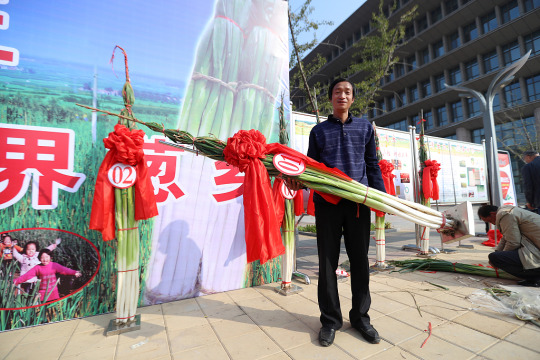
After high-temperature frying, green onions undergo Maillard reactions and lipid oxidation, producing new flavor compounds. This effectively mitigates the pungent spiciness and imparts a unique savory and grilled aroma.

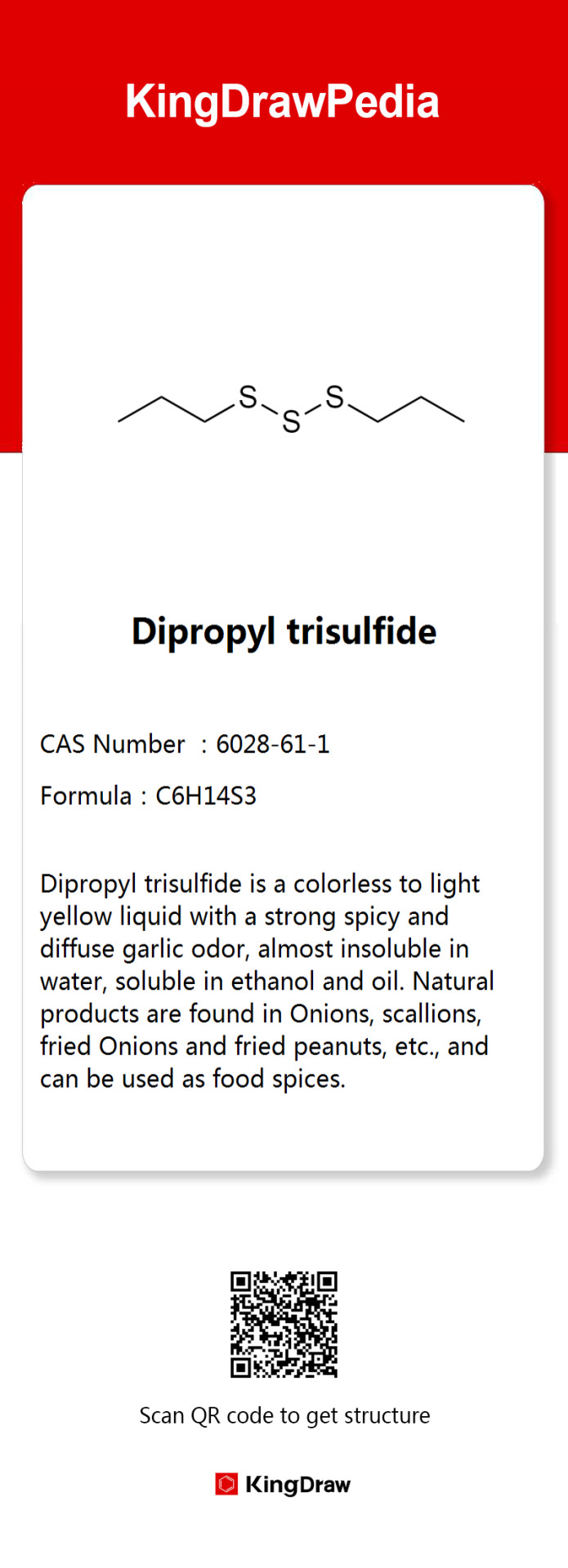

#china#green onions#shandong#chinese food#spicy food#food chemistry#did u know#organic chemicals#molecule#chemistry#chemblr#uni studyblr#stemblr
31 notes
·
View notes
Text
Time to make a small potion inside my mouth!
Matcha Frappuccino and dijon mustard, not that bad!
Let’s add some tomato soup.
Mixing a bit of tomato soup in there adds a bit of acidity but otherwise the distinct tomato taste gets neutralized by the frappuccino.
0 notes
Text
The lack of basic understanding of food chemistry never ceases to entertain me. Especially those who think they can do a one do a 1 to 1 substitution of ingredients. My favorite to this day is a comment from a very, very angry woman who tried to make noodles with almond flour and called the recipe creator many awful names. And the recipe author was like:
"I'm sorry that you had trouble with the recipe, but the reason noodles have been made with wheat for centuries is because wheat has a natural binding agent called gluten. Egg protein naturally coagulate when heated which means it also acts as a natural binding agent. Many starches also can act as a binding agent. Your almond flour does not have a binding agent. I'm sorry that your claim to be a food health expert has failed you."
As someone who is curious about alternative ways of making something, due to food allergies, this response lives rent free in my brain and I laugh at it every. single. time. Because I've learned in certain dietary circles some people make statements like they can rewrite food chemistry and nutrition.
Anyway many props to those who do manage to figure out how to make gluten free and other free versions of recipes by diving deep into the science of why the original recipe worked and how to achieve those properties with other ingredients.

90K notes
·
View notes
Text


My Lunch if anyone is wondering...
#lol#funny#chemistry#food chemistry#food#lunch#lunch time#caffeine#coffee#seratonin#chocolate#oh god just having day#going through the horrors#work draining the life out of me today#SOS#send help please im sad#ill be fine
1 note
·
View note
Text
Once i catch when the violets go to seed I'm going to plant some of my own in a pot so i can use them to make weird colored drinks with FOOD CHEMISTRY!!!
i can't wait to show up somewhere with a bottle of questionable purple and green liquid and turns out its just violet and lemon tea with coconut water ice spheres!
I love food chemistry
#tea#cooking#chemistry#food chemistry#im so normal#i definitely am not going to use these knowledges of flower juice to make people question what the hell I'm drinking#its a potion!!! (no actually it's just tea)
1 note
·
View note
Quote
The magic in mayonnaise is the emulsifier’s dichotomous hydrophobic-hydrophilic ends, bringing oil and egg yolk together in creamy goodness.
#mayonnaise
0 notes
Text
Ngl I saw the Cadbury creme egg mug with the real egg and the garlic and expected this to go somewhere completely different
73K notes
·
View notes
Quote
[ Connection ] The magic is mayonnaise is in the emulsifier's dichotomous hydrophobic-hydrophilic ends, bringing oil and egg yolk together in creamy goodness.
#Lucy Dan (Tiny Poems from the Pandemic)
2 notes
·
View notes